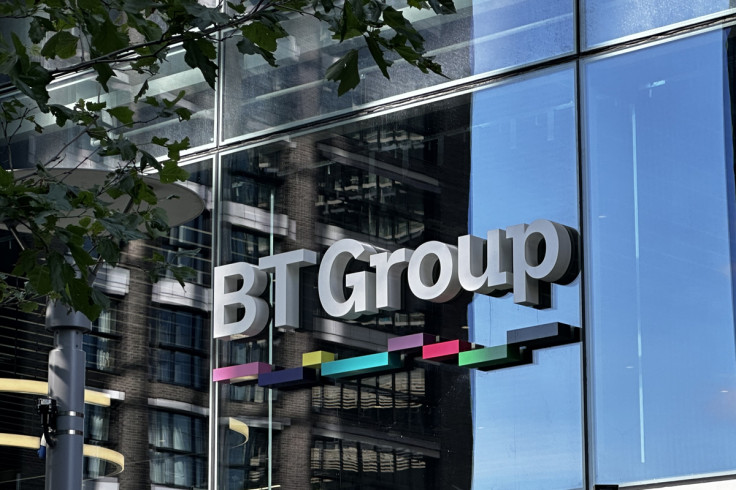British Telecom Giant BT Announced 55,000 Job Cuts by 2030 — Now Even More Could Go Due to AI
BT and other companies like Klarna use AI for customer service and efficiency, potentially impacting white-collar roles

Notwithstanding the recent announcement of 55,000 job cuts by 2030, British telecommunications giant BT is considering additional reductions in employment with the advancement of artificial intelligence.
This was disclosed by Allison Kirkby, CEO of the British telecommunications giant BT, in a Sunday interview with the Financial Times.
Kirkby said that progress in AI technology might result in additional reductions at the company.
BT's Cost-Cutting Ambitions
BT in 2023 revealed its intention to eliminate up to 55,000 jobs by 2030, aiming to shrink its cost base by the close of the decade. However, Kirkby informed the FT that this strategy 'did not reflect' the 'full potential' of artificial intelligence.
In recent years, BT has increasingly used AI to transform operations in areas such as customer service. 'Depending on what we learn from AI ... there may be an opportunity for BT to be even smaller by the end of the decade,' Kirkby warned.
BT Group is preparing for even deeper job cuts as artificial intelligence continues to reshape the telecom industry. CEO Allison Kirkby has confirmed that the company’s initial plan to eliminate over 40,000 positions by 2030-part of a £3 billion ($4 billion) cost-cutting… pic.twitter.com/P3o7SF7MJ0
— Tech News (@TechnicalNewsHQ) June 15, 2025
Last year, the company revealed that it was leveraging generative AI to assist with sales and support operations across BT and its mobile network division, EE. By December, the firm reported that EE's virtual assistant, Aimee, was managing up to 60,000 customer conversations weekly.
A Shifting Stance on AI's Impact
BT is not alone in its efforts to automate such functions. The Swedish payments firm Klarna has been transparent about its initiatives to use AI to manage its customer service operations. In 2024, Klarna shocked the tech world by revealing that its OpenAI-powered AI assistant was performing the work of 700 full-time customer service agents.
The firm's CEO, Sebastian Siemiatkowski, had been a strong proponent of AI but has since adjusted his stance on the technology. In May, he indicated that certain efforts to cut costs had gone too far and that Klarna was now recruiting for its customer service department, as reported by Bloomberg.
Yet, Siemiatkowski has maintained his conviction that AI poses a significant threat to white-collar employment in the future.
Speaking on The Times Tech podcast earlier this month, Siemiatkowski noted that the technology had significantly contributed to 'efficiency gains' at Klarna, reducing its workforce from approximately 5,500 to 3,000 people over the past two years.
'My suspicion again is that there will be an implication for white-collar jobs, and when that happens, that usually leads to at least a recession in the short term,' he said. 'Unfortunately, I don't see how we could avoid that, with what's happening from a technology perspective.'
Industry-Wide Concerns
AI companies have also expressed concerns that their products could significantly impact the job market. For instance, Anthropic CEO Dario Amodei recently cautioned that AI might eliminate half of all entry-level white-collar positions within five years.
'We, as the producers of this technology, have a duty and an obligation to be honest about what is coming,' Amodei told Axios in May. 'I don't think this is on people's radar.'
© Copyright IBTimes 2025. All rights reserved.






















